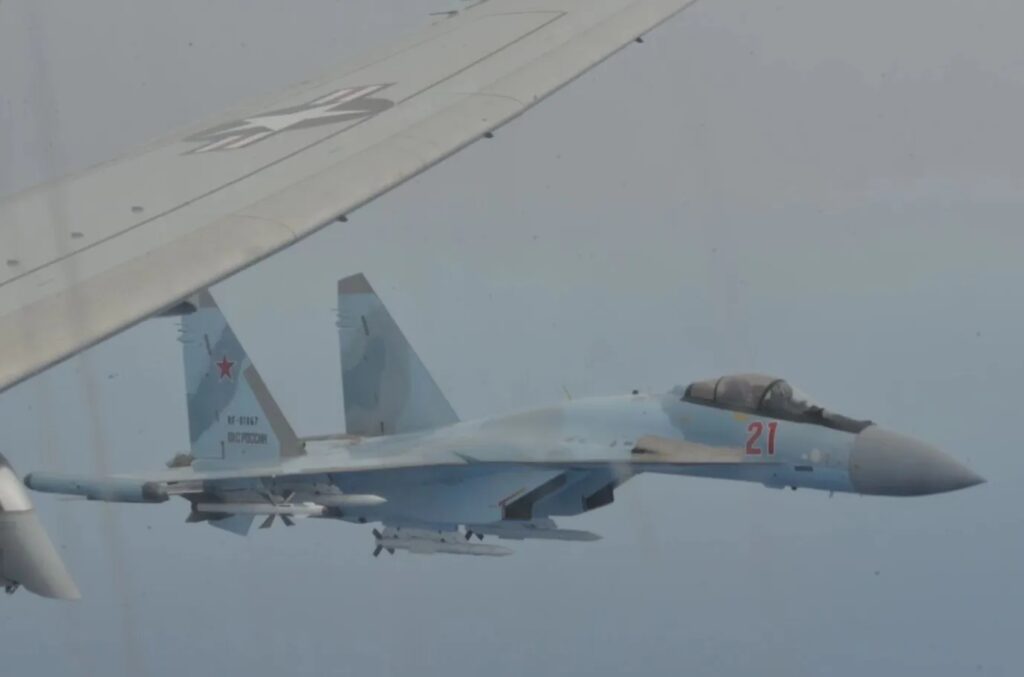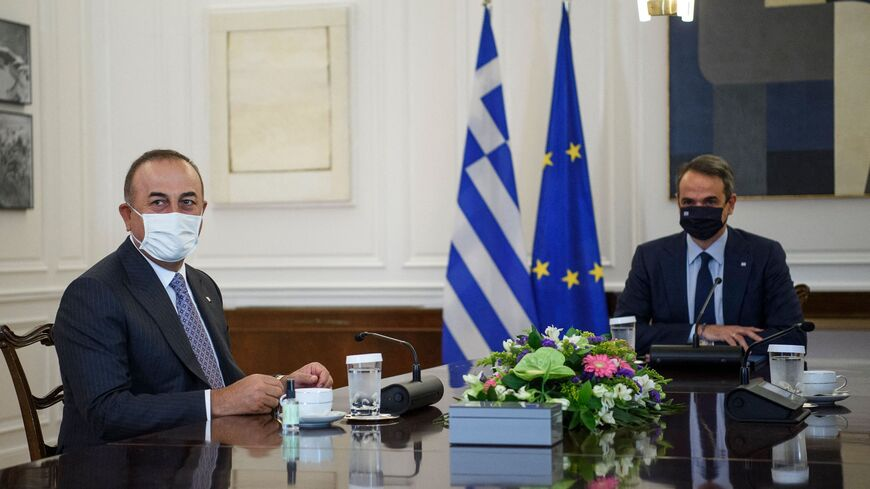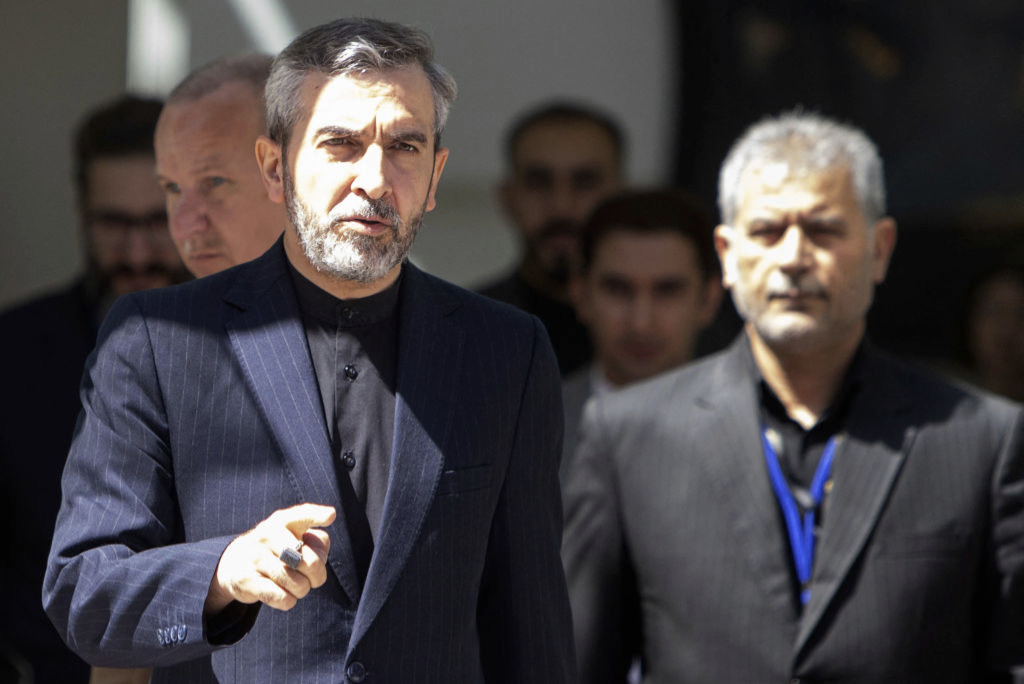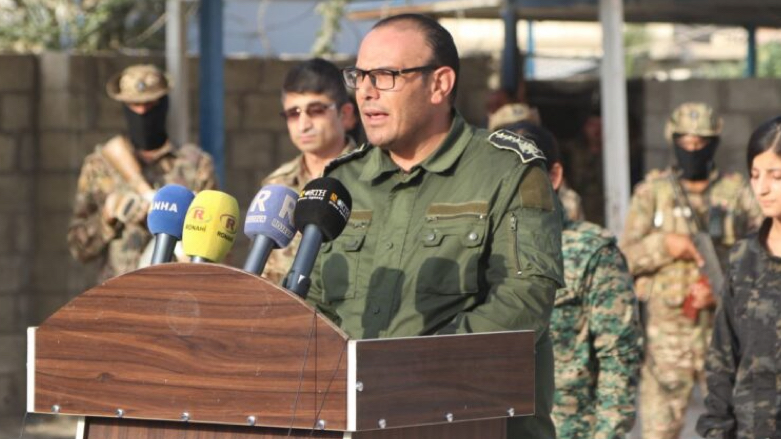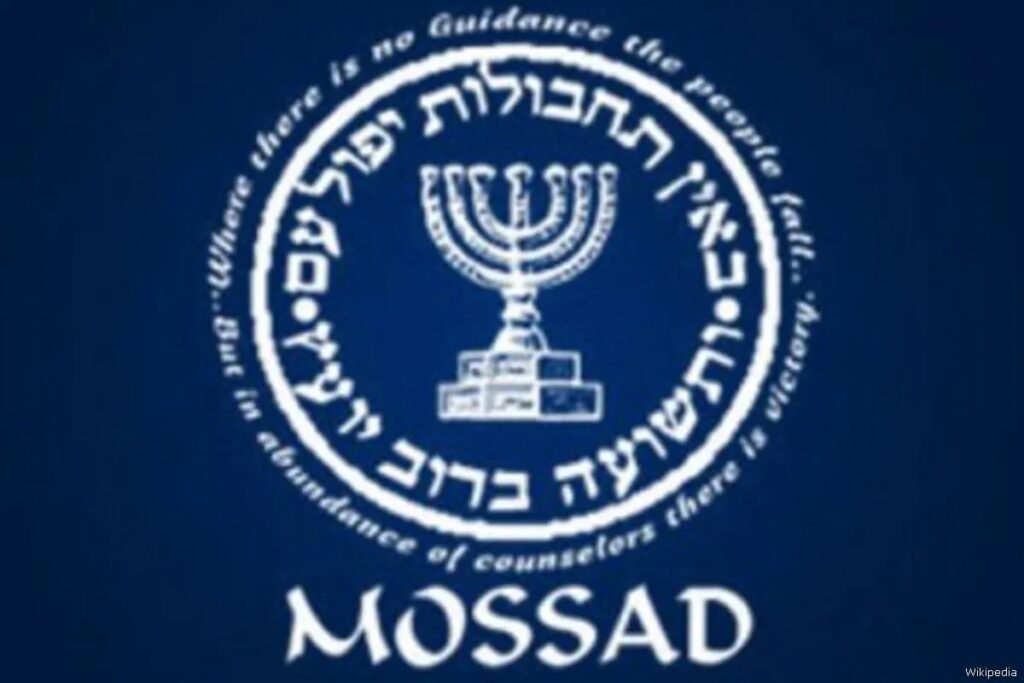Insiders reveal how Erdogan tamed Turkey’s newsrooms
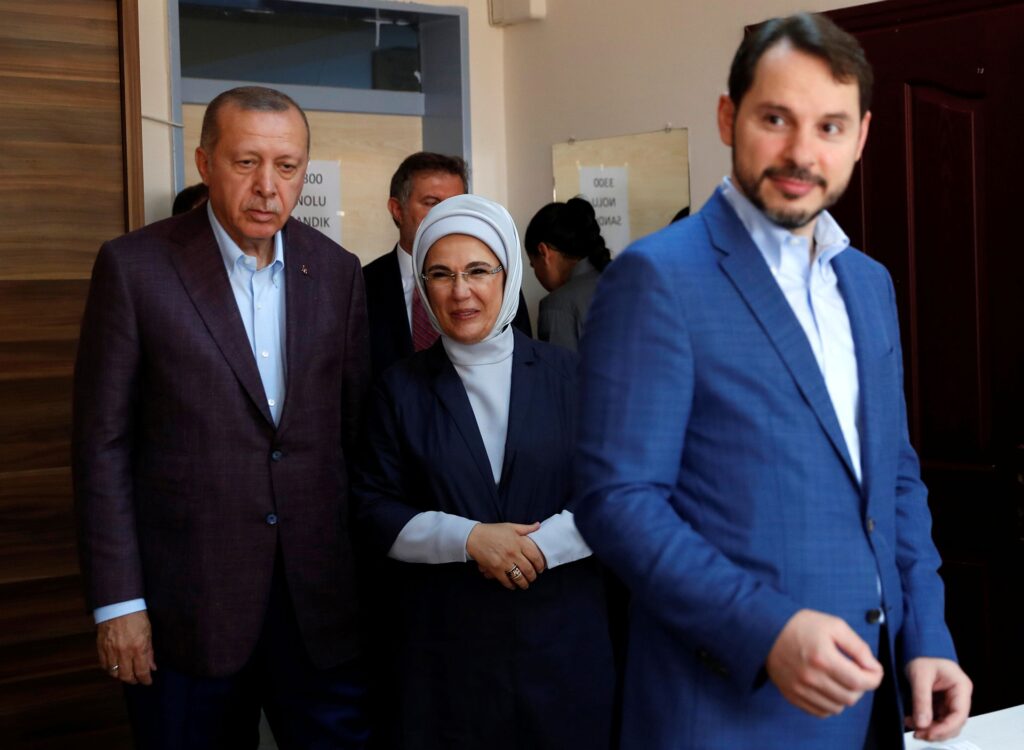
From an office tower in Ankara, Turkish officials shape the nation’s news, media insiders say – always to President Tayyip Erdogan’s advantage.
When President Tayyip Erdogan’s son-in-law suddenly quit as finance minister in late 2020, four staff in Turkey’s leading newsrooms said they received a clear direction from their managers: don’t report this until the government says so.


